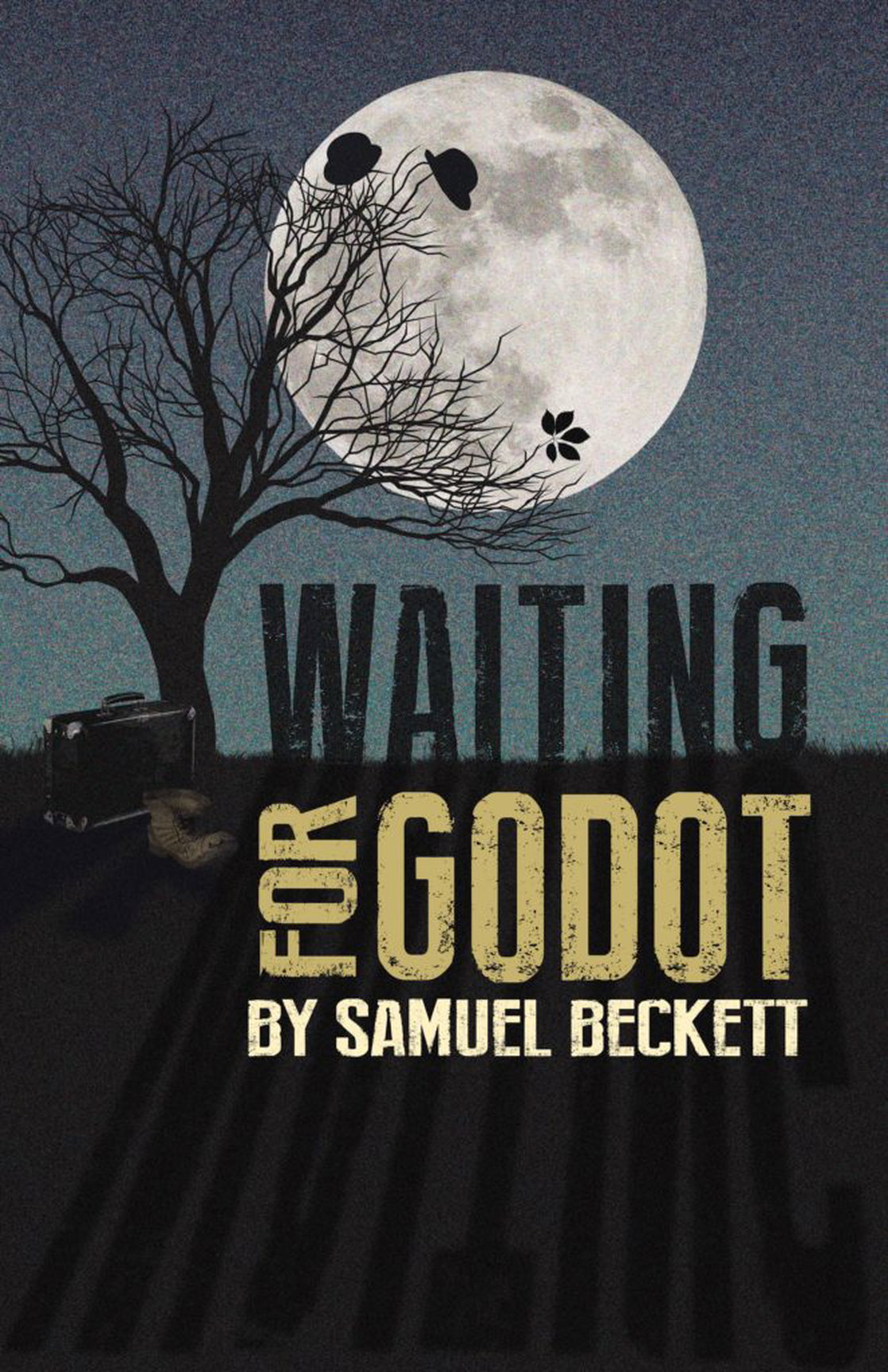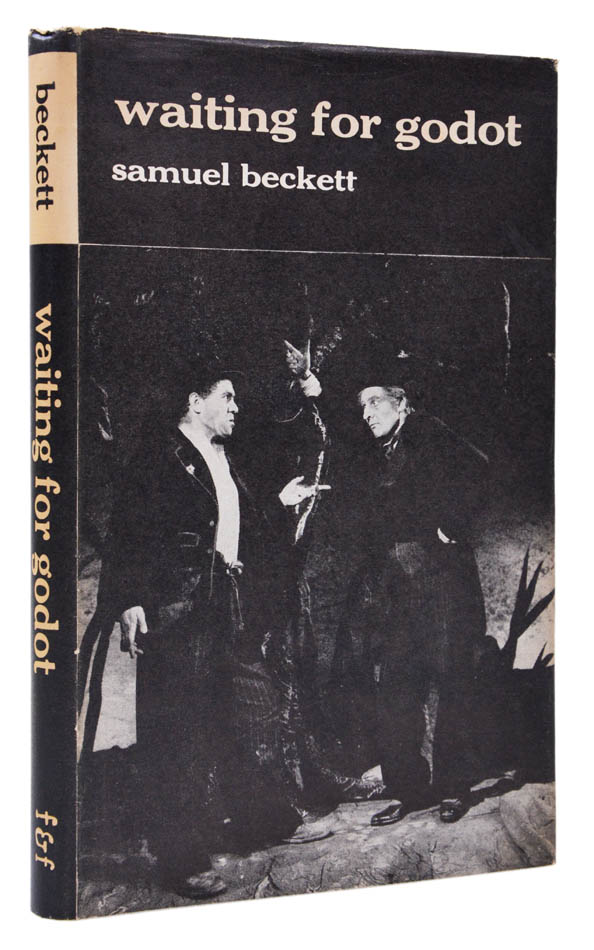

The French-looking name Godot may seem to call for a French pronunciation. So, unfortunately, that’s not a route we can take.” Nixon said, “and on none of those recordings does he use the word Godot. Nixon said that recordings of the author’s voice are extremely rare - “only about four, or four and a half, are in existence.” One might think that Beckett’s own writing would plainly reveal his wishes, but, gosh, no.Īccording to “The Theatrical Notebooks of Samuel Beckett” (Grove Press), when “Waiting for Godot” was performed in the 1980s by the San Quentin Drama Workshop, Beckett sought “to counter the natural American tendency to stress the second syllable” and asked his actors “consciously to pronounce it with the stress on the first syllable instead.”ĭr. The pronunciation of Godot, like the name itself, seems pregnant with meaning, yet ambiguous. As this Nobel laureate wrote, “no symbols where none intended,” but he kept his intentions mysterious and seemed to leave symbols everywhere.

The debate would surely please Beckett, an Irish author who originally wrote “Waiting for Godot” in French before translating it into English, and whose work embraced ambiguity and resisted easy interpretation. “Nothing’s trivial when it comes to Beckett,” he said. Still, he did not dismiss the Godot question as a trivial issue.
But, he said, “I don’t feel strongly in the sense that I would correct somebody who said it differently.” Nixon said he believed the name was correctly pronounced with a stressed first syllable. “I don’t think there is a mathematical solution to this problem,” said Mark Nixon, the director of the Beckett International Foundation at the University of Reading in England.ĭr.

An American television production from 1961 starring Burgess Meredith and Zero Mostel uses “god-OH.” Discussing his role in the 2009 Broadway production, Nathan Lane says “GOD-oh.” In a video recording, Peter Hall, who directed the first British production, in 1955, pronounces it GOD-oh. There seems to be nothing to be done to reconcile these competing camps, and productions of “Godot” do what they will. Borchardt continued, “we do not insist on any particular pronunciation.” Borchardt said he had consulted with Edward Beckett, a nephew of the author, who told him that his uncle pronounced it the same way, and that Edward Beckett could not see “why there should be a correct or incorrect way of pronouncing Godot.” “I myself have always pronounced it the French way, with equal emphasis on both syllables,” Mr. Georges Borchardt, a literary agent who represented Beckett and continues to represent his literary estate, suggested even a third pronunciation was possible.


 0 kommentar(er)
0 kommentar(er)
